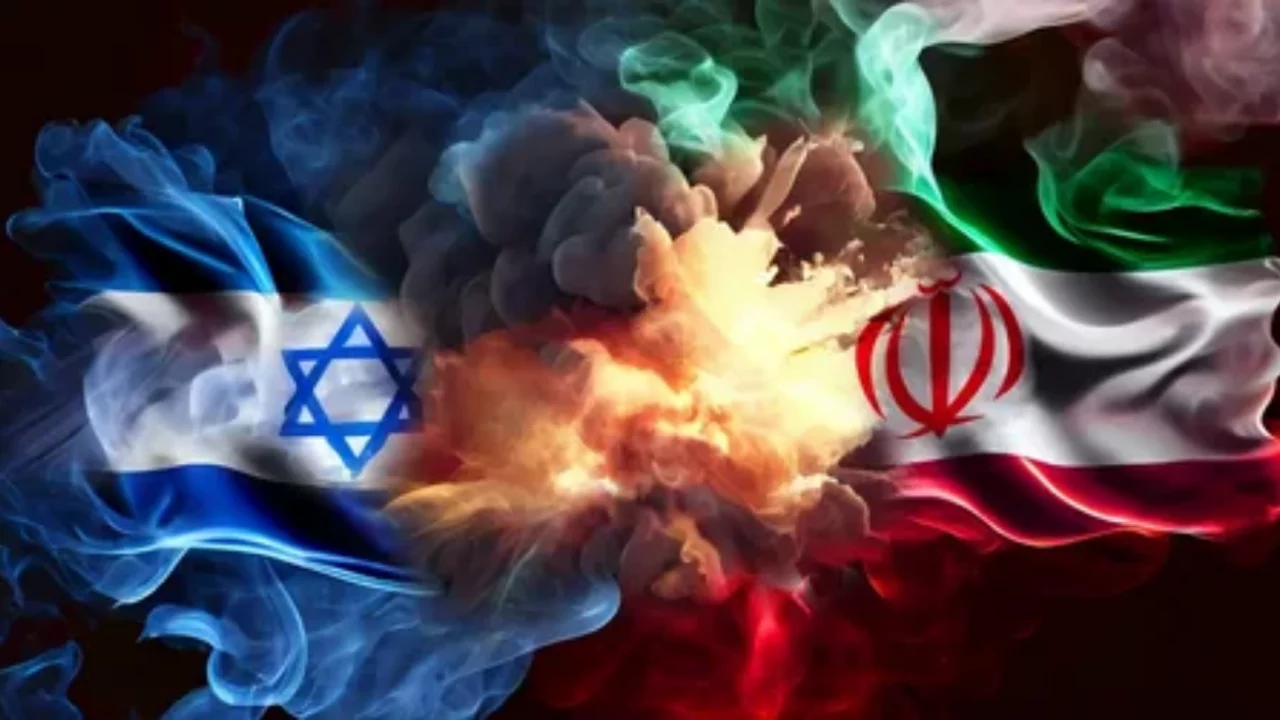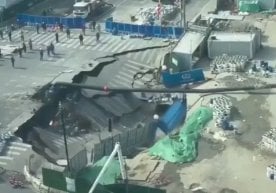Israel Prepared for War with Iran for 15 Years – Media

In June 2025, another serious military confrontation unfolded in the Middle East. As expected, tensions between Israel and Iran escalated into full-scale warfare. These events call for serious analysis from both regional and global security perspectives.
Since 2010, Israel has been closely monitoring Iran’s nuclear program and preparing for possible military action. According to the reputable British outlet The Times, that same year the first Iranian nuclear scientist was assassinated, followed by targeted strikes on other key figures.
The Israeli intelligence agency Mossad managed to infiltrate several strategically significant Iranian sites, including elements of the Islamic Revolutionary Guard Corps. This enabled Israel to confirm that Iran’s nuclear activities extended far beyond well-known facilities, involving numerous secret sites scattered across the country.
Reportedly, Iran aimed to produce dozens of ballistic missiles each month, intending to reach an annual production of 1,000 missiles and accumulate a stockpile of 8,000.
Iran maintains that it does not seek to develop nuclear weapons, insisting its atomic program is for peaceful purposes only.
The United States, working alongside Israel, launched a series of strategic strikes on Iranian nuclear infrastructure, claiming the objective was to prevent nuclear weapons proliferation. Israel justified the military action by asserting that Iran was dangerously close to achieving nuclear capability.
This conflict has become a critical lesson for the international community. Although nuclear talks between Iran and the West were underway before the war, the outbreak of hostilities severely tested political trust. Read “Zamin” on Telegram!
Ctrl
Enter
Found a mistake?
Select the phrase and press Ctrl+Enter 




















